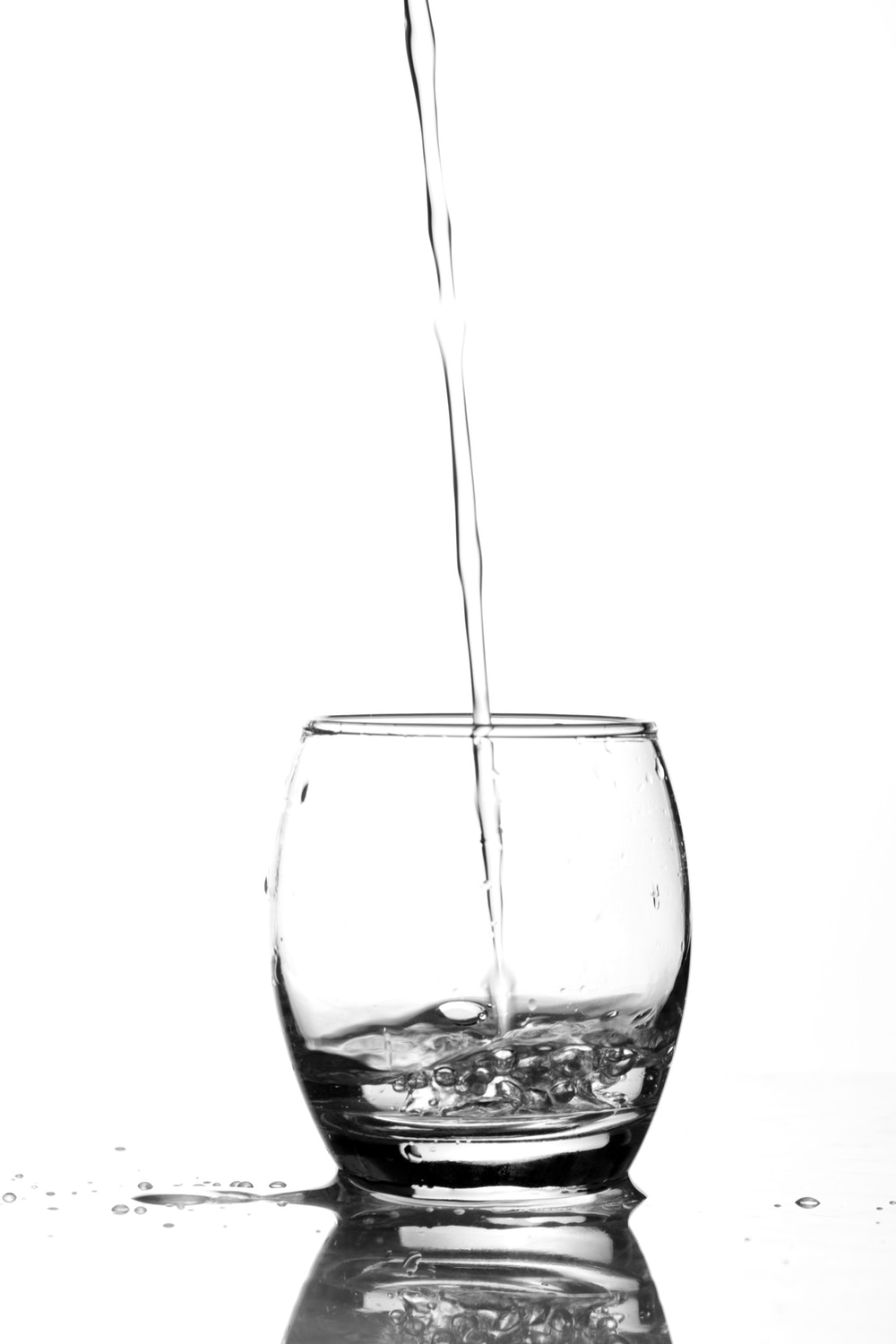Is a water fast worthwhile?
Very few people would even consider attempting any type of severe caloric restriction at all, let alone a fast consisting only of water. But, believe it or not, some folks are sold on the concept of water fasting — not only trying it once, but incorporating it (even for extended amounts of time — like 40 days!) into their lifestyles. They claim it’s an excellent way to detoxify the body due to the body’s “self-cleaning” mechanisms which, simply put, come into play when the energy expended on food digestion is halted. Health benefits like reducing the symptoms of (and even reversing entirely) several types of illnesses through improved immunity, lowering blood pressure, improving mental clarity, improving vision, weight loss (although it should not be done solely for weight loss purposes), and relief from toxic contamination have all been reported. Of course, there can also be numerous health risks involved with such an endeavor as well, so be sure to consult your physician prior to attempting a water fast yourself
If you’d like to give it a shot, there’s a lot to learn first. The body goes through many changes during a fast with which most people aren’t familiar, so it’s extremely important to prepare well, read up, and preferably connect with a buddy to help monitor you along the way and motivate your fast. When you’re ready, check out some authorities on the subject:
Keep in Mind: It’s NOT for Everyone
The first rule is clearly stated to be:
Water Fasting is NOT for Everyone — Nor is it Appropriate at all Times.
Even though some sick patients reported health improvements after fasting, not all health conditions can tolerate a fast. For those under doctor supervision (who have notified their doctor of their fast beforehand) or those healthy enough (and informed enough) with fasting in general to attempt a water fast, the resulting improvements are often impressive. While most beginners try for a single day’s water fast for starters (which is the length I’ve tried first personally), others with more experience opt for for a standard three day water fast, while the experts take things up a notch and go longer. Let’s first explore what you’ll need to keep in mind as you prepare for your water fast.
Why and How Does It Work?
Understanding the premise of a fast is paramount so that you’ll know what to look for as the changes take place within your body. Since fasting in general has been shown to promote health benefits of its own as well, let’s first consider the findings of recent work in the laboratory on what occurs scientifically during a fast. Says Valter Longo, Director of the USC Davis Longevity Institute, “When you starve, the system tries to save energy, and one of the things it can do to save energy is to recycle a lot of the immune cells that are not needed, especially those that may be damaged.” During the cycles of fasting Longo observed in his studies, he found changes often occurred which “trigger stem cell-based regeneration of new immune system cells.” Hence, the body essentially “eats” the older, damaged cells and replaces them with new ones.
Consider Water Quality
When you’re starting a water fast, keep your water quality in mind. A good water filter is essential to a good, healthy water fast. If you can get a Berky water filter, they are rumoured to be exemplary and perfect for water fasting. Although they are quite pricey to some, other types of filters can work well also, as well as water diffusers and filtering water pitchers.
The Experience of Detoxification Can Be VERY Unpleasant
For those unfamiliar, detoxifying the body can bring the bad before the good. (Think about how you feel when you’ve gone without that morning cup of coffee too long, and multiply it) Chances are you’ll feel worse (and often much worse) before you start to get the results you’re looking for from a fast or detox of any kind. Your body is managing the cravings of things it’s addicted to, on top of eliminating things that are harmful, which can cause everything from headaches to nausea and dizziness. Plan on experiencing some intense hunger at the very least — but drinking the water helps with this. Report symptoms to your doctor and fasting buddy as you experience them to make sure they are normal.
Reintroducing Food Can Be Tricky
After your digestive system has shut down during a fast, it takes time and the appropriate amount of care to reintroduce food properly. According to some fasters, “Eating solid food before your body is ready can lead to severe discomfort and even hospitalization” – so pay attention! You’ll want to consider how long you’ve fasted and reintroduce foods as appropriate. For longer fasts (generally those lasting longer than three days), fresh fruit juice may be a good reintroduction food, taken in sips first, and then later gradually adding in small amounts of fresh fruits, steamed veggies, and so on. The entire process of reintroduction can take anywhere from a few days to two weeks, so listen to your body and stock up on the stuff you’ll need.
Be Sure You Get Enough Rest
You must remember your body is going through stressful changes it isn’t accustomed to, so resting is of primary importance. Lie down, put your feet up, and breathe whenever you feel tired or ill along the way.
Join a Group
Some have explored the benefits of fasting, as well as water fasting, through various groups and other sources easily found in an internet search. Groups on social media or in real life can be very helpful when you’re new to the fasting world. Another great intro to the subject can be enjoyed in the documentary Eat, Fast, and Live Longer, the basis of which previously aired on BBC.
*CAUTION: As with any diet or health strategy recommended in my articles, please consult your physician first. I am not a doctor. Some people may develop serious health problems attempting any type of fasting or dietary changes outside of a doctor’s care so PLEASE consult your physician before attempting a water fast for any length of time. Also, please do not attempt a water fast if you have an eating disorder.

